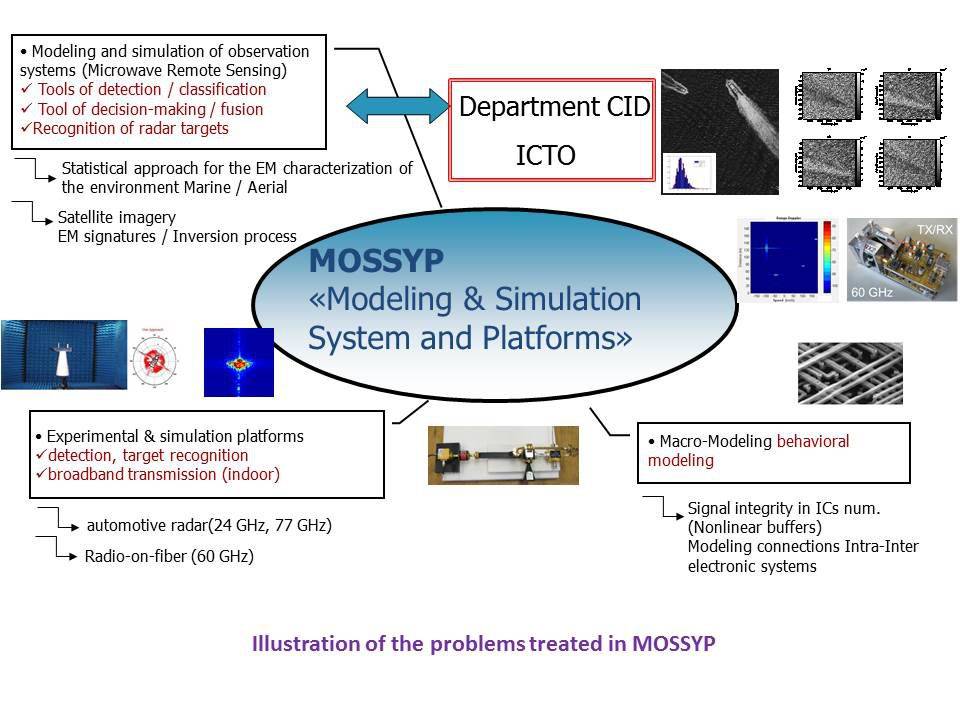Thème MOSSYP

The developed hardware platforms are implemented with distinct objectives. They are used to validate the simulation platform (the implemented models, simulation techniques, algorithms, ...), to explore new technical possibilities or services or they serve to demonstrate the potential of new circuits or devices or new architectures.
To make a tool for development and effective optimization for designers a platform of simulation (or virtual platform) must reflect as closely as possible the real physical system. Simulation tools of type circuits / systems generally offer low computation time given the power of today's machines while the study of electromagnetic phenomena require simulation times can be significantly larger, especially when we consider of large structures.
Specific simulation methods are then implemented based on the problem addressed (eg rigorous methods or asymptotic) and simulation models compatible with the 'system' should be developed based on such macro-modeling is a method of behavioral description based on the development of mathematical models describing the relationships of the input-output systems. This model greatly reduces the simulation time compared to using physical models, electrical or electromagnetic.
